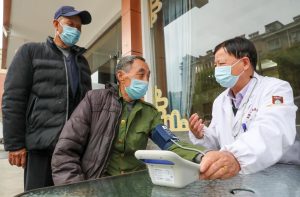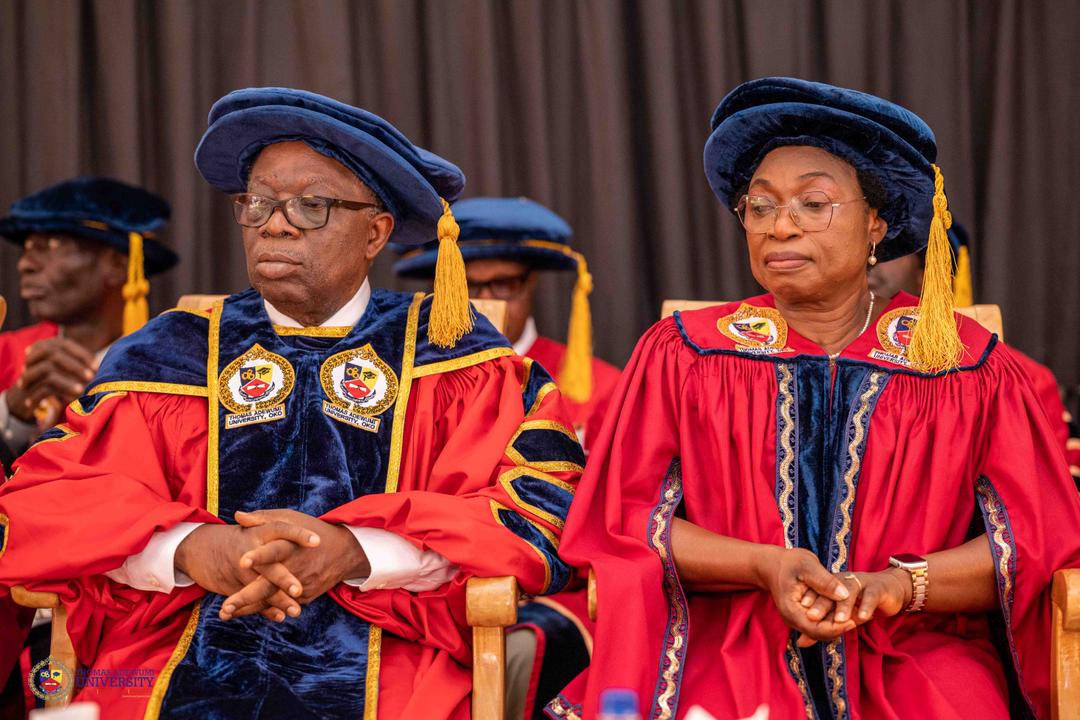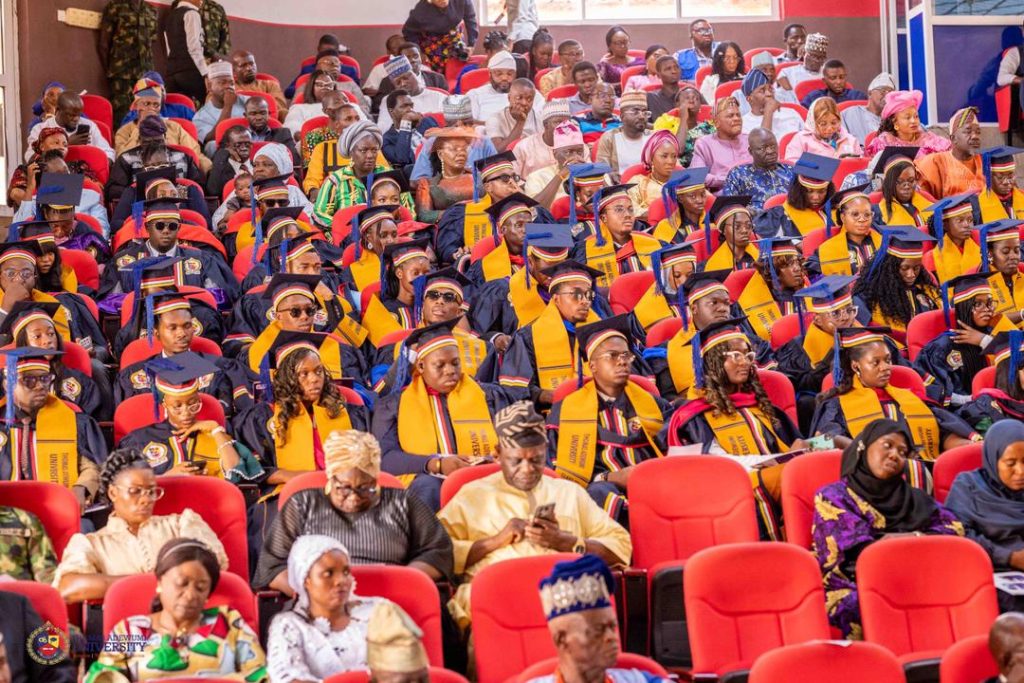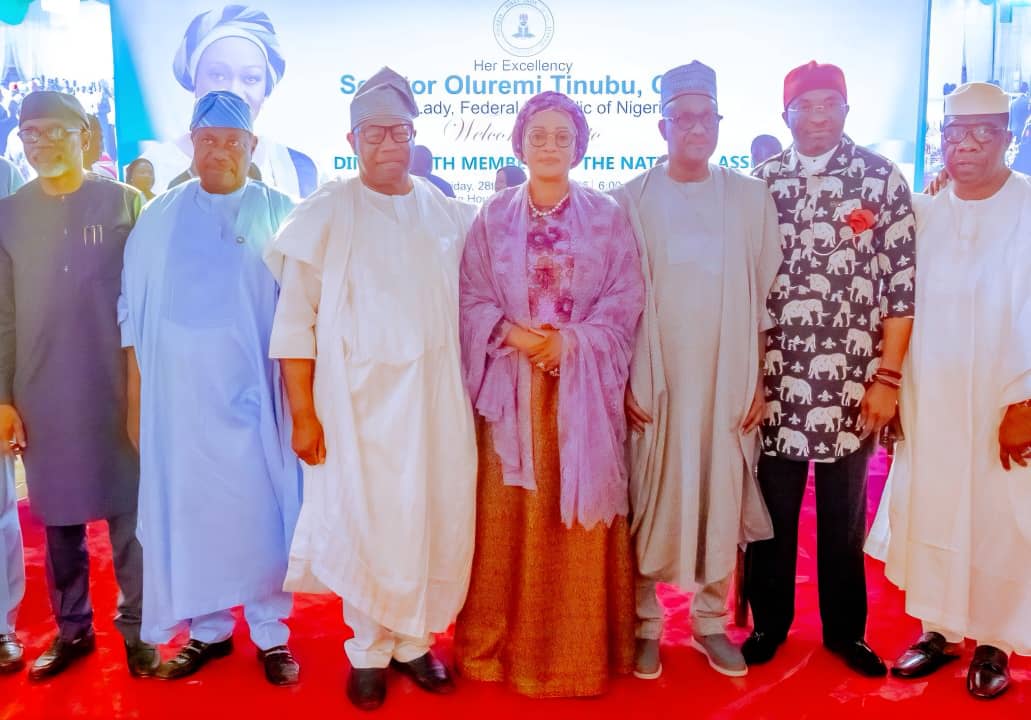Uncategorized
System for safeguarding Chinese people’s living standards further improved

By Yang Hao, People’s Daily
By rolling out a series of policies in the interests of the people and providing them with assistance subsidies, the Chinese government has built a closely knit network for guaranteeing people’s well-being.
In 2014, China’s State Council issued Interim Measures for Social Assistance, which created a full-fledged social assistance system; in 2020, a directive on reforming and perfecting the system was rolled out.
Last year, the annual assistance subsidies allocated to people in need by the central government rose to 147.6 billion yuan ($22.2 billion); and the average subsistence allowance in urban and rural areas across the country grew to 711 yuan and 530 yuan per person per month, respectively, compared with 330 yuan and 172 yuan per person per month in 2012.
China has endeavored to make social assistance more effective. As a tiered and classified social assistance system is gradually built and improved in the country, mechanisms concerning basic living assistance, social assistance for special purposes and temporary assistance in emergencies and disasters have matured.
The country’s subsistence allowance system makes sure that all people with serious illness or severe disabilities and other people eligible for the government’s subsistence allowance can enjoy the allowance.
To ensure that all people in extreme poverty can receive assistance and support from the government, the country’s scheme for assistance and support for severely impoverished people integrates assistance for urban residents without income, the ability to work, or support by family and rural residents eligible for the “Five Guarantees” (food, clothing, medical care, housing, education for orphans or funeral expenses): those who are unable to work and have no source of income, including the elderly, the disabled and minors who have no legal guardians to support them, and regulates the identification of people in extreme difficulty.
The mechanism for temporary assistance makes good use of petty cash of townships and subdistricts for emergency assistance, thus solving the sudden, urgent and temporary difficulties of people in a timely manner.
China has consolidated the fruits of poverty alleviation to guarantee people’s basic living standards.
The Ministry of Civil Affairs (MCA) has introduced measures to strengthen the complementarity of rural subsistence allowance system and poverty alleviation and development policies to solidify the foundations for the social security system for years.
Since the end of 2017, the standards of eligibility for rural subsistence allowances in all Chinese county-level regions have consistently reached or exceeded the national poverty line.
As of the end of 2020, 19.36 million registered impoverished people in China had been covered by the country’s social assistance system, which accounted for 19.6 percent of the population lifted out of poverty in the country.
The MCA has guided regions in improving the system for actively discovering people in straitened circumstances and achieving more accurate identification of the group so that people in need can receive timely assistance.
Lichuan county, Fuzhou city, east China’s Jiangxi province, has ensured precise identification of people in need of social assistance through grid-based management. It has built a three-tiered grid-based database for these people, which includes 561 grids.
Dezhou city, east China’s Shandong province, has established a mechanism for the dynamic monitoring of low-income population and gained a panoramic portrait of the economic situation of each household. Besides, the city has incorporated 42 relief policies and some welfare policies originally handled by 15 functional departments into one platform. By employing data, the city has provided targeted assistance for over 1.18 million people.
Social assistance has effectively made people’s life easier. Ma Jifei, a farmer in Hongsibao district, Wuzhong city, northwest China’s Ningxia Hui autonomous region, tried applying for subsistence allowance for his sick father after he lost sources of income due to the COVID-19 pandemic and had trouble affording medical care for his father. According to Ma, the application was quickly approved.
In an effort to help urban and rural residents who are struck by the pandemic and disasters and thus face troubles with basic living, local civil affairs authorities have adjusted promptly and introduced many social assistance policies and measures, expanding the coverage of subsistence allowance and temporary assistance and providing one-time temporary relief funds for uninsured and unemployed persons that can’t guarantee minimum living standards.
Guided by these policies and measures, governments of areas hit by emergencies and disasters provide temporary assistance in a timely manner for migrants without local household registration status who face severe difficulties with basic living.
These policies and measures also stress enhancing visit to and care services for people amid the pandemic and arranging personnel to provide timely care and assistance for special groups, including the elderly, people with disabilities, and children, in the homes of COVID-19 patients who are being isolated and treated.
As China’s network for safeguarding people’s living standards becomes increasingly tight, the country is bound to achieve even greater results in guaranteeing people’s well-being.
Uncategorized
TAU reaffirms commitment to globally competitive learning

- As 16 graduands make First Class
Stephen Olufemi Oni, Ilorin
The Thomas Adewumi University (TAU), Oko-Irese, in the Irepodun local government area of Kwara State, has reaffirmed its commitment to strengthening quality education, innovation, and globally competitive learning.

Speaking at the institution’s 2nd Convocation ceremony in Oko-Irese, the Vice Chancellor of the University, Professor Francisca Onaolapo Oladipo, said TAU is living up to its ranking as the fastest growing institution in Science, Technology, Engineering, Medicine, and Innovation (STEM-i) ecosystem by surpassing more than 100 percent in its number of graduating students at the second convocation.
She said: “TAU emerged on April 8, 2021, as Nigeria’s fastest-growing Science, Technology, Engineering, Medicine and Innovations (STEM-i) ecosystem. Today, we rank 1st among the 20 private universities that were licensed in
2021, 4th among the 14 Universities in Kwara State, 5th among Nigeria’s over 170 private Universities and 50th nationally, an impressive rise reflecting our unwavering commitment to excellence.
”What a Moment of Extraordinary Significance today, we stand at a crossroads far more significant than words can adequately capture. Exactly one year ago, we gathered at this very Auditorium to celebrate our inaugural Convocation, a ceremony that marked the graduation of 26 pioneering students who dared to believe in a vision when others saw only impossibility. Those 26 trailblazers proved that Thomas Adewumi University was not just a dream, but a reality rooted in excellence. Today, as we honour 63 outstanding graduates, we witness something far more profound than numerical growth.
“This 142% increase in our graduating class is not merely a statistic to be recorded in annual reports, it is a declaration that Thomas Adewumi University has transcended the realm of promise and entered the domain of proof.
“We have moved from potential to performance, from aspiration to achievement, from vision to velocity.
This year, 63 graduands from 4 Faculties and 11 academic programmes are being conferred. It is noteworthy that we have 16 First Class graduates, 40 in Second Class Upper Division, and 7 in Second Class Lower Division. These results reflect the quality of training and mentorship provided at Thomas Adewumi University, and we are proud to contribute these innovators to both the Nigerian and global workforce, confident that they will make a meaningful
impact.
”Preparing Globally Competitive Graduates, these 63 graduands are not merely degree holders, they are comprehensively prepared global professionals equipped with exceptional advantages that set them apart from their peers nationwide. Through our international partnerships, these graduates have obtained additional microcredentials from MIT, Harvard, Stanford, Columbia, Berkeley, and Yale, world-class certifications from Alison, UK, RUDN professional University, Russia, World Bank’s Saylor Academy, Google, ICAN, and the Global Partnership for Sustainable Development initiatives in Data Science and Artificial Intelligence.
“Our Coursera collaboration provided them with additional industry certifications, while partnerships with Microsoft, IBM SkillsBuild, and MIT OpenCourseWare through our Global Campus initiative democratize access to cutting-edge knowledge. They are thus fully equipped to embark on meaningful and innovative careers in today’s technology-driven world.”
Earlier in his Convocation Lecture, titled “Crowdfunding Opportunities forstartups: Equiping Nigerian graduates for a sustainable future”, Dr. Bayo Williams Olugbemi charged the graduads on the mindset of job creation, saying “as a graduate, your future is not defined by what Nigeria gives you, but by what you create. The idea of crowdfunding is the idea of hope. It is proof that when people come together, ideas once impossible become achievable.
“I urge you not to think only about searching for jobs. Instead, think about creating value, and if capital is a barrier, remember: “The crowd can be your first investor.”
In his goodwill message, the Executive Secretary of the National University Commission, Professor Abdullahi Ribadu, represented by Esther I. Eyo, Esq commended the resilience of TAU management said “NUC acknowledges TAU sustained progress in advancing quality teaching, impactful research, innovation, and community engagement, all of which align with our national aspiration for a globally competitive and knowledge-driven university system.
“It would interest you to know that, in the accreditation exercise conducted in 2023, Thomas Adewumi University achieved a 100% Full Accreditation status across all programmes assessed a laudable feat that reflects the University’s strong commitment to maintaining high academic standards.”
Also speaking, the Founder/Chancellor of the institution, Dr. (Engr) Johnson Adewumi, urged the graduands to be good ambassadors of the University, adding: “Remember that your degree is not an end but a beginning, go forth with courage, humility, and a sense of responsibility. Strive to illuminate whatever space you occupy with the light of integrity, excellence and service.”
Highlight of the event was the conferment of an honorary doctorate degree on two distinguished personalities; Engr Oluseyi Afolabi and Pastor Oladokun Olatunde.
End
Uncategorized
photo

L-r Speaker, House of Representatives, Tajudeen Abbas; President of the Senate, Godswill Akpabio and Nigeria’s First Lady, Senator Oluremi Tinubu, during the dinner for members of the National Assembly by the First Lady yesterday. Photo: Senate President’s Office.
Uncategorized
JUST IN: Even Tinubu moves with too many police escorts – Senator Ndume

By Hassan Taiye
Senator Ali Ndume has criticised what he described as the excessive use of security convoys by top government officials, including President Bola Tinubu, warning that the practice leaves ordinary citizens exposed and vulnerable.
Speaking on Politics Today on Channels Television on Thursday, Ndume said many public office holders move with security details that are unnecessarily large, even when their positions do not warrant such heavy protection.
He recalled visiting the residence of a colleague and finding “more than 10 policemen” attached to him, despite the lawmaker being junior to him in the National Assembly.
Ndume further argued that the presidential convoy itself is excessively large, stressing that security efforts should be focused on protecting the overall environment rather than individual personalities.
He said: “I went to one of my colleagues’ house for dinner. And I saw more than 10 policemen. He is even my junior in the National Assembly. Some of them, if you see them coming, you will pull back thinking that maybe it’s the President or the Vice President that is coming.
“
You can see even the president, the convoy that the president goes about with is too much. Secure the place and when the president goes, you withdraw. Secure Abuja and the president can even drive out, you know, himself.
But when you secure personalities, and this is what is happening in Nigeria, then others, common people, as we call them, become vulnerable, and we don’t care. So if you secure Abuja, then you can drive at night. And let me tell you, this is what is happening in most countries”.
The lawmaker’s comments come just days after President Tinubu ordered the withdrawal of police officers from VIP escort and guard duties.
In a statement, the Special Adviser to the President on Information and Strategy, Bayo Onanuga, said the directive was aimed at redeploying police manpower to core law enforcement responsibilities.
-

 Uncategorized5 years ago
Uncategorized5 years agoFG, states urged to harness flooding for ranching, others with technology – Agbaje
-

 Headlines10 years ago
Headlines10 years agoBreaking: EFCC seals Borno House of Assembly, as Hon members take to their heels
-

 News11 years ago
News11 years agoNigeria Security Operatives Stage Manhunt For Homosexual Perpetrator
-

 News9 years ago
News9 years agoHow 21-year-old Girl fled community over accusation of lesbianism
-

 News10 years ago
News10 years agoYobe Gov Moves Against Deputy
-

 Opinion7 years ago
Opinion7 years ago7 signs she has friend zoned you
-
Technology4 years ago
Online job placement company headhunts women
-

 Headlines10 years ago
Headlines10 years agoBorno Dep Gov Abducts Another Church Leader





